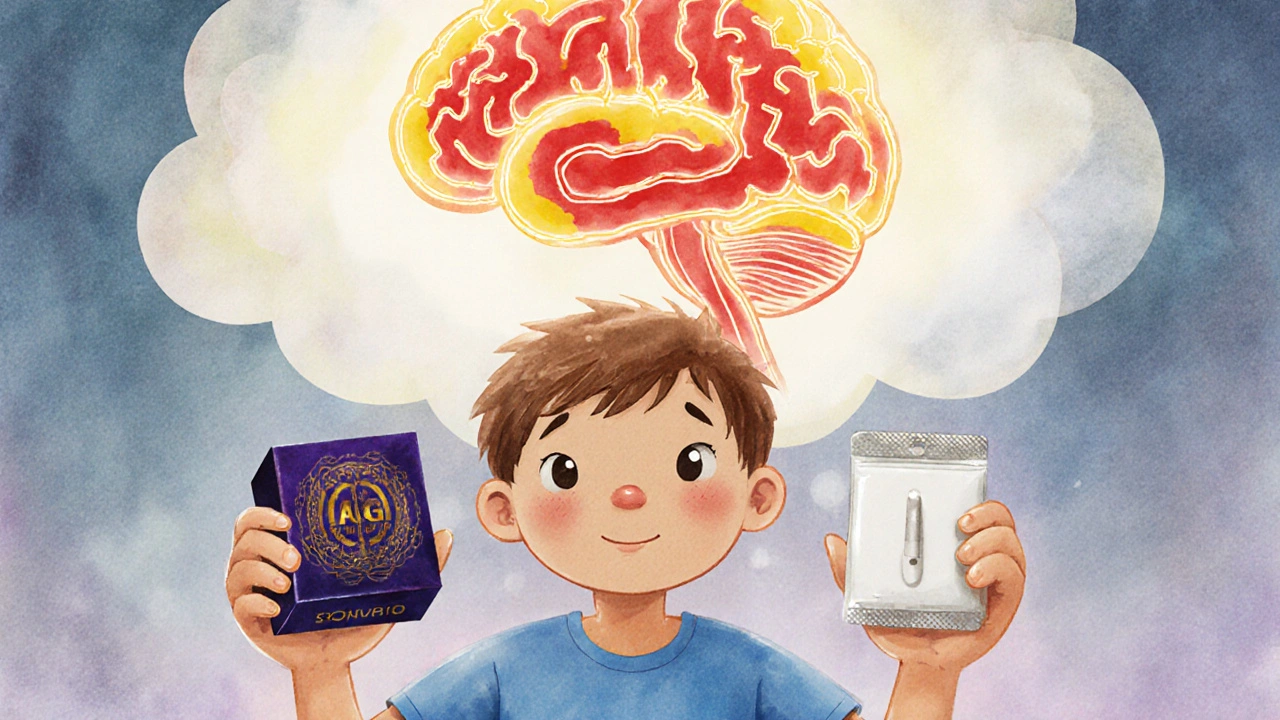Nocebo Effect: When Expectation Makes You Feel Worse
When you expect something to hurt, it often does—even if nothing is actually wrong. This isn’t just in your head. It’s the nocebo effect, the harmful counterpart to the placebo effect, where negative beliefs trigger real physical symptoms. Also known as negative placebo effect, it’s why some people get headaches from a sugar pill they think is a migraine drug, or feel dizzy after reading the side effects list on a prescription.
The placebo effect, when positive expectations improve symptoms is well-known. But the nocebo effect, when fear, misinformation, or anxiety worsens symptoms is just as powerful—and often ignored by doctors and patients alike. If you’ve ever been told a medication causes nausea, then started feeling sick even before taking it, you’ve felt the nocebo effect in action. It’s not weakness. It’s biology. Your brain releases stress chemicals, tightens muscles, and amplifies pain signals based on what you believe is coming.
This isn’t just about pills. It shows up in physical therapy, where patients who expect failure often recover slower. It shows up in chronic pain, where fear of movement makes pain worse. And it shows up in how people react to news about side effects—like when someone reads that a blood pressure drug might cause gout, then starts feeling joint pain, even if their levels haven’t changed. The mind-body connection, how thoughts directly influence physical states is real, and it works both ways.
What’s worse? The nocebo effect doesn’t just happen in labs. It’s fueled by online forums, alarmist headlines, and even well-meaning doctors who list every possible side effect. You don’t need to be paranoid to fall into it. Sometimes, just reading a description of a drug’s side effects is enough to trigger them. That’s why understanding this effect matters—not to dismiss your symptoms, but to help you separate real danger from fear-driven discomfort.
Below, you’ll find real stories and science-backed guides on how medications, treatments, and even health advice can trigger unexpected reactions—not because of the drug itself, but because of what you expect it to do. From how acarbose makes you gassy just because you were warned it might, to why some people feel worse after reading about opioid overdoses, these posts show the hidden power of expectation in your health journey. You’ll learn how to spot it, manage it, and stop letting fear run your body.
Why do some people feel generics don’t work as well as brand-name drugs? The answer isn’t chemistry-it’s perception. Learn how beliefs, branding, and price shape real health outcomes-even when the pill is identical.

